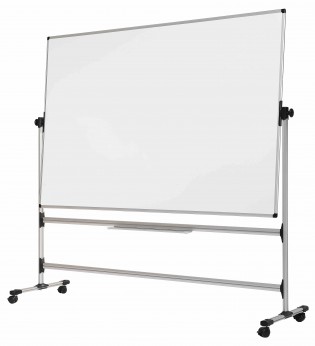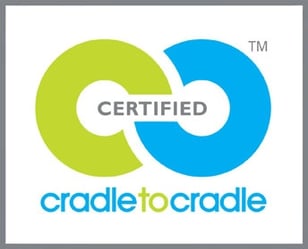Sustainability became a buzzword in the last few years and it has been merging with almost all areas of our life. But what has become a trend should be something we should aim for in our personal and professional lives.

Contributing to a sustainable industry
What is sustainability? The most common definition comes from 1987’s Brundtland Report: “Sustainable development is development that meets the needs of the present without compromising the ability of future generations to meet their own needs.”
This definition is vague, leaving a lot of room for interpretation. What are the “needs” that this definition refers to? A more accurate definition of sustainability is the ability to continue a defined behavior indefinitely. This “behavior” must be defined in order to plan or achieve goals.
A company’s main goal is to have as much profit as it can, but at what cost? Should we focus solely on how much money we can make without having in mind our surroundings? Luckily the mindset has been changing over the years and we are experiencing new theories and practices that help companies maintain a responsible and sustainable industry.
Bi-Silque has been ahead of the trend since birth. Virgílio and Aida Vasconcelos, founders of Bi-Silque, started their business based on sustainable raw materials, such as cork and wood.
Cork is a well-known sustainable, non-toxic, recyclable, natural and renewable material. Cork comes from the bark of the cork oak tree and its extraction is a process that doesn’t harm the tree and it is renewable. Every nine years there is a new bark to be removed. Cork is a material that can replace other non-renewable materials, the processing involved is reduced, and so the ecological footprint from its extraction until the final product is comparatively smaller.
On top of all this, Portugal is the leading cork-producing country in the world, having the largest cork oak forest in the world.
Designing and developing our products with a sustainable philosophy
The wood used in our products is also responsibly used. Our MDF (Medium Density Fiberboard) is made from 29% industrial waste. It is an ideal option for recycling paper or wood, as MDF offers consistency in strength and size and has no tendency to split. The Environmental Impact of MDF has greatly improved over the years with low formaldehyde emissions. With the same low amount of emissions, the Agglomerate/ Chipboard used for our white writing surfaces is made with 25% (Post and Pre) industrial waste and from material obtained in sustainable forests (PEFC) and also fully recyclable.

Other materials used in our products, such as paper, aluminum and the e3 ceramic steel, are made from recycled materials or industrial waste and followthe most demanding EU ecological criteria. It is safe to say that Bi-Silque thrives to have a low carbon footprint and a sustainable industry.
Another flagship of the company is the Earth range, made from recycled and recyclable materials. It is the company’s fastest growing global product line. These eco-friendly communication aids, such as dry erase boards and easels, help Bi-Silque’s customers and partners to achieve their own sustainability goals by choosing to use products that help to preserve nature and natural resources.

But sustainable and recyclable materials are not the only focus at Bi-Silque. The process to manufacture our products is also object of improvement over the years. Using our industrial boiler to heat water can save up to 356KW/h. We also utilize residues from the manufacturing process in the energetic auxiliary production cycle. Biomass combustion, the burning of waste production (frames and wood pallets) as an energy source, is virtually an inexhaustible renewable source. Our 1296 solar panels (200 square meters) produce 446MW/year, about 13% of the energy consumed by our facilities.
Crade to Cradle Certification
Having sustainable policies so merged into our daily routines, it is only natural that our processes and products are certified as eco-friendly. The one that stands out the most is the Cradle to Cradle certification. More than environmental certification, it is a way of life and to conduct business, having in mind future generations.

Sustainability in our Workplace
A truly sustainable company focuses not only on the environmental aspect, but also on their most valuable asset: the workers. Bi-Silque honors the commitment of implementing and following measures and procedures that protect the employee’s health and integrity. One of our policies is to avoid the use of toxic adhesives and paint that off-gas VOC’s and we proudly implement various Clean Air programs.
Another important aspect regarding the worker’s well-being is focusing in accommodating the needs of the employees and the evolving requirements of their roles. Having this in mind, Bi-Silque implements training and workshops throughout the year to maintain everyone up to date in the newest technologies and security measures. And because not everything boils down to work, several social activities and initiatives are organized so that the team and family spirit is always present.
If we could sum Bi-Silque’s philosophy it would be an intelligent sustainability policy. Not only we produce at a sustained pace, but we thrive to deliver products with the highest quality that meet the most demanding European environmental standards, using national and recyclable raw materials and giving a second chance to our waste as an energy source.


.png)